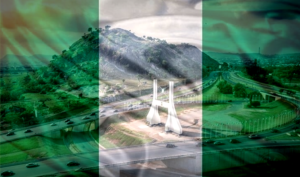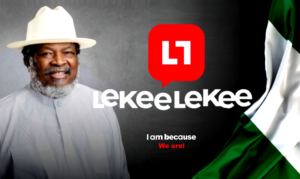US Mission Visas’ Travel Ban on Corrupt Nigerians, as UK and Europe Tighten Migrant Reforms: a Panoramic Look at Global Shifts
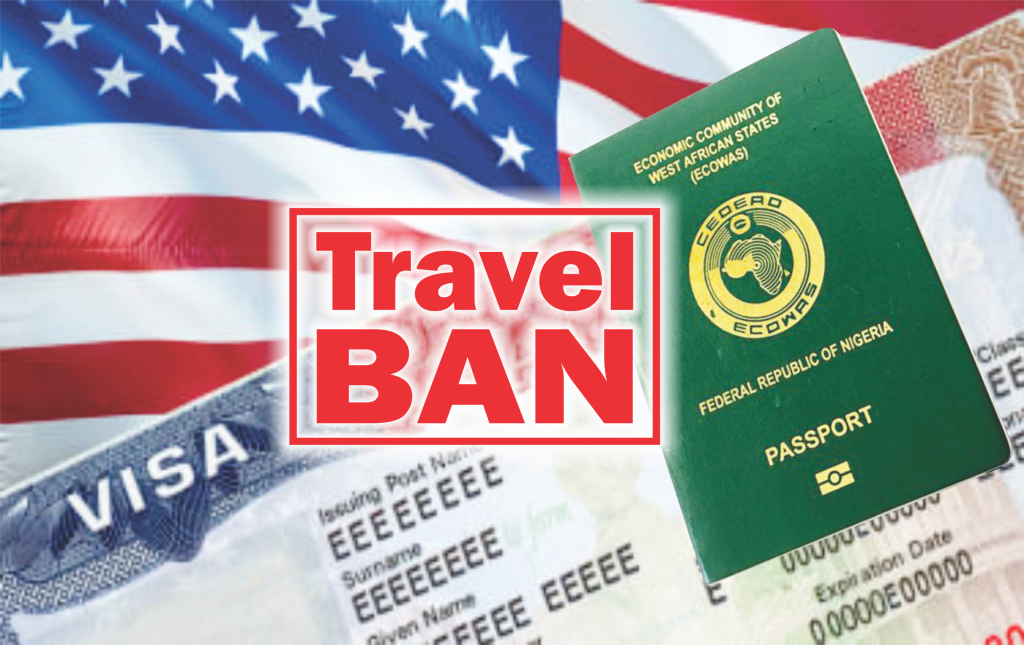
The intersection of corruption crackdowns in Nigeria and tightening migration reforms across Europe reflects a broader global trend that is the redefining of accountability, migration and opportunity in an increasingly interconnected world. While the United States has restated its resolve to deny visas to corrupt Nigerian officials, the United Kingdom and sections of Europe are moving to restrict long-term migrant settlement rights. Together, these developments raise profound questions about politics, family stability, cultural identity, business competitiveness, and social cohesion. The Washington’s visa ban is a bowl interfacing the Nigeria’s anti-corruption struggle.
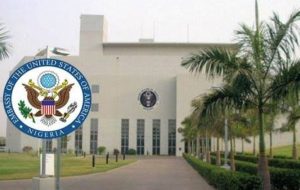
The United States Mission in Nigeria this week reaffirmed a hardline stance: no visas for Nigerians implicated in corruption, no matter their status or political influence. The announcement underscores Washington’s broader use of visa restrictions as a diplomatic tool to discourage graft and encourage accountability.
In Nigeria, a country where corruption permeates public service and political life, the move represents a symbolised practical pressure. Many high-ranking Nigerian officials and politicians maintain families, investments and education ties abroad. Denying access to American soil, cuts off not only personal convenience but also international networks that sustain elite influence.
Nigerian officials and politicians whose children study in the US or whose relatives reside there, the ban creates sudden ruptures. It places moral and emotional burdens on families caught between privileges gained through questionable wealth and a new reality of restricted mobility.
Beyond individuals directly targeted, the measure fuels debate about fairness. Ordinary Nigerians often feel the sting of corruption daily, from inflated contracts to neglected hospitals, infrastructures, lack of public amenities provided, etc., yet they seldom see high-profile accountability. The US stance offers a form of external justice, even if it risks diplomatic tension.
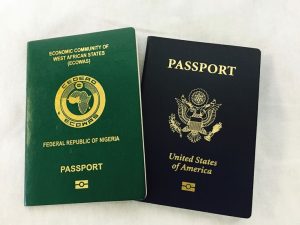
Nigeria’s political establishment has long thrived on immunity and impunity. By threatening access to the US, Washington not only challenges personal comfort but also sends a message that corrupt behavior has tangible international consequences. This could either prompt reform or entrench resentment against perceived foreign interference. On this visa-policy horizon, meets a wake of Britain’s Reform Party that is pushing UK for migrant restrictions on permanent settlement.
Across the Atlantic, the UK’s Reform Party has unveiled a plan to scrap Indefinite Leave to Remain (ILR), which is the right for migrants to settle permanently after five years. Instead, migrants would face renewable visas under tougher conditions, higher salary thresholds, stricter English requirements and fewer welfare entitlements.
Party leader Nigel Farage argued Britain should not be “the world’s food bank.” Insisting the plan could save £234 billion over decades. However, the government remains cautious. Chancellor Rachel Reeves dismissed the numbers as exaggerated, though she confirmed reviews were underway to tighten welfare access for migrants.
In view of business implications, stricter migration policies could reshape labor markets. From healthcare to hospitality, industries reliant on migrant workers may face shortages. Employers warn of higher costs and reduced competitiveness, especially in sectors struggling post-Brexit.
A cultural perspective portrays UK as one kingdom that has long prided itself on multiculturalism. Restricting permanent settlement could erode this identity, creating migrant communities in perpetual transition rather than integrated citizens. Questions of belonging, loyalty and identity will deepen.
To the family life spectra, migrants seeking stability to raise children in a sane society, buying homes, or planning long-term futures, may find themselves in limbo. The psychological weight of uncertainty risks weakening family cohesion and discouraging integration. And with over 213,000 migrants on ILR currently claiming Universal Credit, welfare debates will sharpen and heighten social strains. Supporters of reform argue for fairness to taxpayers, while critics warn of stigmatization and rising xenophobia.
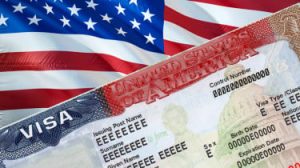
On a broader European context beyond Britain, immigration remains a polarizing issue across Europe. From Italy’s naval patrols against irregular migration to France’s debates over citizenship laws, governments are balancing domestic political pressure with humanitarian responsibilities. The emphasis is shifting from inclusion to restriction, with migrants caught in the crossfire.
On the political fallout, right-leaning parties across Europe are gaining traction by framing migration as an economic and cultural threat. For centrist governments, tougher rules are often a defensive strategy to retain power. While, human rights concerns on humanitarianism beacons warning that policies restricting permanence or welfare entitlements risk creating “second-class residents”, which invariably means workers without rights, communities without security and families without futures.
What links Washington’s anti-corruption bans with Europe’s migration reforms is a shared message – accountability matters and improper documented migration is no longer guaranteed. While to the Nigerian politicians/officials, corruption now risks global ostracism. In respect to migrants in Europe, settlement is no longer a certainty.
At the crossroads of these policies lies the human experience. Families are disrupted, businesses face uncertainty and societies are asked to redefine fairness. Citizens in Nigeria demand justice at home but often see it delivered from abroad. In Europe, communities weigh the costs and benefits of welcoming newcomers against the strains on social systems.
The unfolding developments in Nigeria, the UK and across Europe illustrate a world reasserting its boundaries against corruption from Nigerian leaders, against uncontrolled migration and in many ways, against the very fluidity globalization once promised. The challenge remains whether these boundaries will curb corruption in leadership, create greater accountability and fairness, or whether they will deepen inequality and exclusion.
Notwithstanding, now families, businesses and societies must navigate the uncertainty of reforms that are reshaping what it means to belong, to travel and to aspire across borders.


